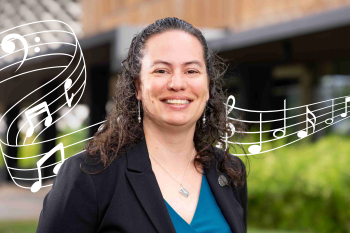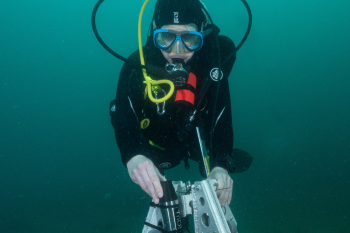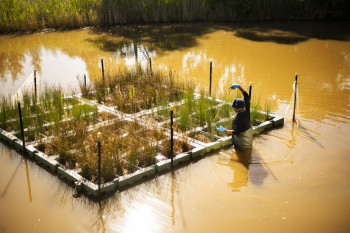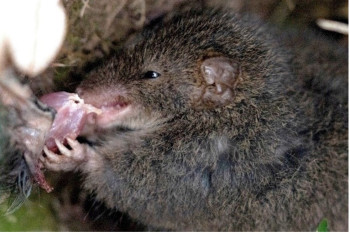© Pint of Science, 2025. All rights reserved.
“Aboriginal and Torres Strait Islanders are early adaptors and innovators of social media.”
- Felicity Chapman, Citizen Scientist; and Dr Connie Henson, Postdoctoral Researcher
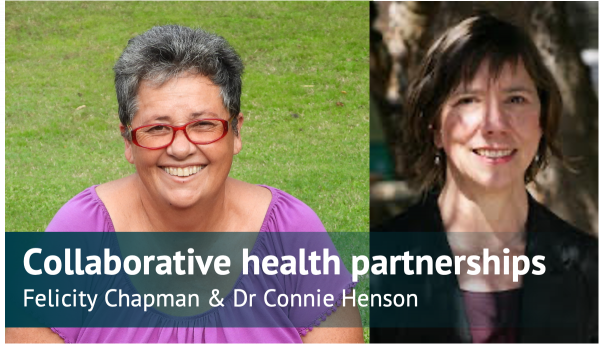
Our Society
The existing disparity in health outcomes between First Nations and non-Indigenous populations remains a critical inequality in Australian society. Nationally, healthcare is moving towards a digital space driven by emerging technologies which work to empower individuals and communities towards better health outcomes. Despite this, there is no clear research involving Aboriginal and Torres Strait Islander peoples in the development of these digital technologies.
Dr Connie Henson and Felicity Chapman are research partners from Macquarie University, who seek to expand the conversation, knowledge, and decision-making processes to First Nations peoples. In particular, older Aboriginal and Torres Strait Islander women are cultural leaders and influencers in their communities, and can provide valuable insight into the safety, accessibility and effectiveness of current healthcare messaging strategies.
Connie and Felicity are at the forefront of mixed-methods translational research; a rarely encountered crossroads between data-driven and interview-based methods to address a real-world problem. By combining these methods, Connie and Felicity are bringing together scientific knowledge with existing community insight.
In scientific investigation, when the collection of information is numerical in nature, this is referred to as quantitative data. Qualitative data however, is gathered through non-numerical means, such as interview-based methods. Connie’s and Felicity’s current research is primarily conducted qualitatively. Instead of the conventional question-focused interview approach employed in Western methodologies, they have embraced a more traditional form of conversation: yarning circles.
“Yarning circles are traditionally how we learned, how we gathered, how we solved problems. The thing I love about yarning circles is that everyone who comes to the circle is acknowledged and respected for their unique wisdom and knowledge that they bring. You don’t tend to get that in Western methodologies.”
- Felicity Chapman
Yarning circles diverge from the existing paradigms of interview-based research. Instead of a rigid set of questions delivered by a researcher in a semi-structured interview or focus group, yarning circles encourage a much broader, more fluid conversation. Ultimately, this approach serves to privilege the voices of the communities in a much more holistic and representative way. Additionally, yarning circles encourage the conversation to break away from the deficit-discourse perspective, where research questions focus on poorer health outcomes, and instead adopt more of a strengths-based approach, whereby the conversations acknowledge and build from an understanding of positive health outcomes. Although this approach has been rewarding and informative for the researchers, it is not without challenges.
“One of the challenges is battling the time constraints - we talk about and solve a lot of issues that may not have been part of the original conversation. The very linear concept of time is more of a Western construct. As First Nations, we don’t work in that space. We’re trying to find out how to walk gently between those two worlds.”
- Felicity Chapman
Connie and Felicity are currently gaining an understanding of how social media can be better engaged to deliver more accessible and effective healthcare messaging to First Nations peoples. Specifically, they are seeking to understand and platform the voices of Aboriginal and Torres Strait Islander women, as cultural leaders and influencers with their communities. Their research will strengthen collaborative health partnerships with Indigenous communities, and most importantly, through Aboriginal and Torres Strait Islander women, provide much-needed guidance in the development of future healthcare messaging and technologies.
